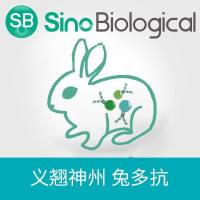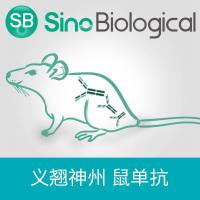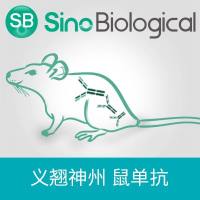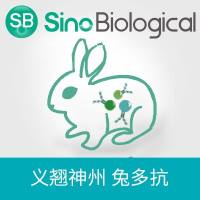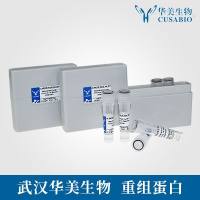Lectin Ingestion: Changes in Mucin Secretion and Bacterial Adhesion to Intestinal Tissue
互联网
442
Phytohemagglutinin (PHA), the lectin derived from red kidney been (Phaseolus vulgarus ) causes reduced growth rates in several animal species, when incorporated at 0.5–5% of dietary protein. Lectin feeding results in diarrhea, impaired nutrient absorption, growth rate inhibition, and can even lead to the eventual death of PHA-fed animals. These effects are believed to result from changes in the autochthonous microflora induced by the presence of PHA in the diet, as germ-free animals do not display the same changes seen in conventional animals (1 -11 ) Jayne-Williams’ (1 ,2 ) now classical studies in the quail clearly demonstrate this point. It is established that these adverse effects are the result of PHA-induced changes in the normal endogenous flora and are not due to lectin selection of specific pathogenic bacteria (9 , 10 ) The major change appears in the levels of facultative aerobes, which increase in PHA-fed animals without an increase in obligate anaerobes (2 ,6 ). These observations separate the effects of PHA feeding from blind loop syndrome or other stressrelated changes in bacterial flora, in which anaerobic bacterial overgrowth is observed (12 ,13 ). Phytohemagglutinin feeding has also been observed to affect small intestinal growth (14 ).


